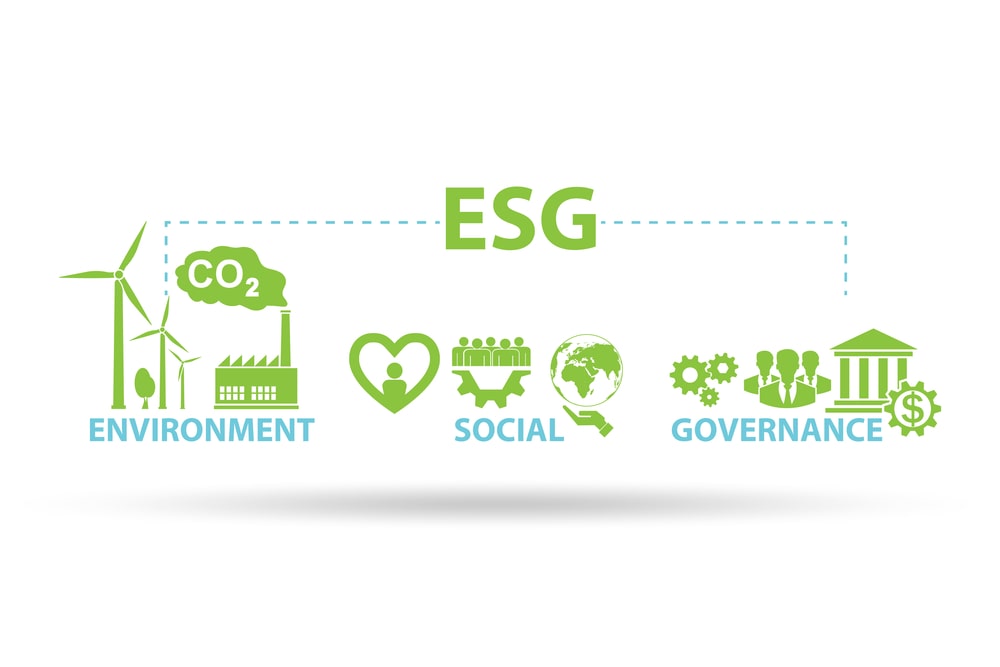A recent report from the Buckeye Institute highlights concerns over the adverse effects of climate policies and ESG standards on the U.S. agriculture sector. The report suggests that these measures will significantly raise operational costs for farmers, leading to potential reductions in food and energy supplies.
The report predicts a substantial 34% increase in operational costs for farmers due to net-zero ESG policies.
Authors emphasize the lack of acknowledgment from U.S. policymakers regarding the negative repercussions of these policies on agriculture and consumers.
Previous European experiences with similar policies are cited as cautionary tales, with the outcomes deemed unsuccessful.
The Buckeye Institute’s Economic Research Center developed a model focusing on a hypothetical corn farm to analyze the impact of federal environmental regulations.
The model predicts increased prices for diesel fuel, propane, and nitrogen fertilizer, leading to a $1,300 annual rise in the average American family’s grocery bill.
Common grocery items are expected to see significant price hikes, with increases of 78% for American cheese, 70% for beef, 56% for rice, 39% for chicken, and 36% for eggs.
Foods requiring carbon-intensive production processes are likely to experience the most substantial price increases, impacting consumers’ purchasing power.
The report advocates for resistance against misguided climate-control policies, asserting that compliance burdens should be challenged at every level.
Republican state agriculture commissioners have expressed concerns over ESG commitments negatively affecting farmers, highlighting the potential devastating impact on U.S. agriculture and global food security.
As climate policies and ESG standards gain momentum, the Buckeye Institute’s report raises critical concerns about their impact on the U.S. agriculture industry and food affordability for consumers. The findings underscore the need for policymakers to carefully consider the unintended consequences of such measures on food and energy supplies.
Source: Adapted from FOXBusiness



